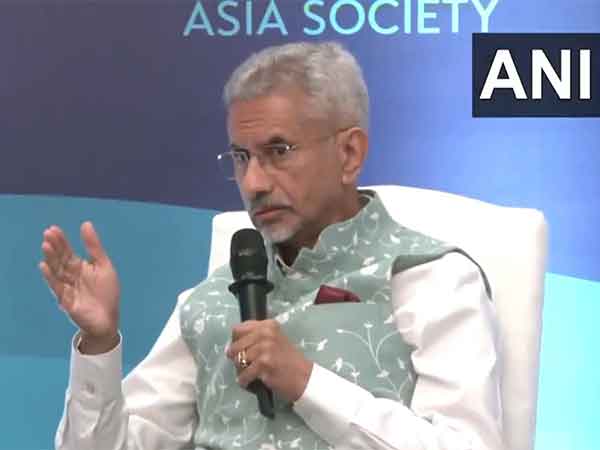Largest opium producer Afghanistan, contributes 87 pc total global output
Mar 17, 2022

Vienna [Austria], March 17 : With about 87 per cent of the global production, Afghanistan is the world's largest opium producer despite a 9 billion dollar effort over a two-decade period by the United States to deter illegal production in the country, according to an analyst associated with a Canadain think tank European Foundation for South Asian Studies (EFSAS).
Yoana Barakova, senior research analyst of EFSAS made these remarks at the 65th session of the Commission on Narcotic Drugs (CND) discusses the implementation of drug policy commitments
"The United Nations has recently assessed that on the territory of the country 6,800 tons of opium had been produced in 2021, the fifth straight year in which opium production had crossed the 6,000-ton mark, and that the uncertainty resulting from the Taliban's takeover of the country had pushed up opium prices in August and September," said Barakova.
Output grew 8 per cent this year and incentives for cultivation have risen as prices have picked up amid soaring poverty and food insecurity. The UN report further said that income from opiates in Afghanistan amounted to some 1.8-2.7 billion dollars in 2021," she added.
Under Taliban control, EFSAS analysts argued that this expansive trade in drugs eventually morphs into narco-terrorism. "A report of the UN Security Council's monitoring team in June this year observed that the production and trafficking of both heroin and methamphetamines remains the Taliban's largest single source of income."
According to the UNODC, heroin trafficking routes are primarily conducted via regionally close locations, with the territory of Pakistan accounting for 40 per cent of all heroin trade routes.
The analyst said that tons of opium produced in Afghanistan are smuggled into the western borders of Pakistan and processed there. "The heroin is then reassembled into bigger consignments by organised crime gangs in Lahore and Faisalabad, before being sent to Karachi and Gwadar for further transportation through fishing vessels in the Makran coast."
Barakova warned that the threat from the escalating trade in Afghan heroin and methamphetamine after the Taliban takeover extends far beyond South Asia "While the Taliban currently vowed to suspend the production of narcotics, the previous tactical temporary ban on poppy cultivation reminds of the duplicity of such anti-drugs rhetoric and similar pledges of protection of human rights," she said.
The Commission on Narcotic Drugs (CND) opened its 65th session on March 14, with some 1,400 participants from 128 countries, 19 inter-governmental organizations and 72 non-governmental organizations coming together both online and in-person to discuss emerging drug control issues and the implementation of international drug policy commitments.


















